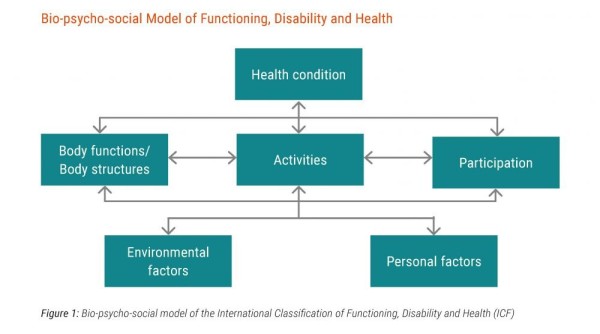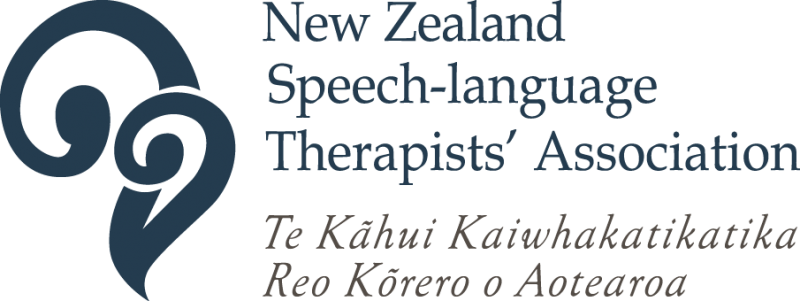This Scope of Practice (Scope) has been developed in accordance with the NZSTA Principles and Rules of Ethics (2020) and the guiding principles of practice from Speech Pathology Australia, the Royal College of Speech and Language Therapists, the American Speech-Language-Hearing Association, and the Canadian Association of Speech-Language Pathologists. These documents describe the skills, knowledge, attitudes and ethical behaviour expected of practising members, which have been adopted by the New Zealand Speech-language Therapists’ Association (NZSTA).
The Scope outlines the breadth of professional practice within the speech-language therapy profession in Aotearoa/New Zealand. It does not describe the level of education, experience, skill or competency required to carry out those activities. A speech-language therapist (SLT) does not typically work with all populations or practise in all contexts listed in this Scope. An SLT should only practise in areas where they are competent and should have been engaging in appropriate supervision and professional development. Assessment of competency is made based on education, training and experience. Certain employment situations may necessitate an SLT to obtain further education or training to expand their scope of practice into new areas.
The Scope of Practice outlines the breadth of professional practice within the speech-language therapy profession in Aotearoa/New Zealand. This document aims to:
- Outline the professional practice areas for speech-language therapists (SLTs).
- Set as a reference for other stakeholders, including healthcare providers, policy writers, regulators, educators, funding providers, and the general public, about the professional roles and responsibilities of a registered SLT.
- Assist SLTs in providing evidence-based and high-quality services to individuals needing communication, feeding and/ or swallowing support.
Given the unique context of the Te Tiriti o Waitangi and the significant diversity of cultures and languages, we are mindful of the need for culturally sensitive practice. We need to expand our definition of culture to include those ethnically diverse and consider the socioeconomic status and those who may belong to a religious group, follow a specific lifestyle, or even eat particular foods. These factors may influence the patient’s “views of disability, of western medical treatment, the roles of family members and clinicians, the different gender roles, and how we show respect” (Riquelme, 2004). Therefore, speech-language therapists working in Aotearoa New Zealand, must act with cultural sensitivity in all aspects of their service provision.
An additional framework we work within is the World Health Organisation’s International Classification of Functioning, Disability and Health (ICF) (WHO, 2001). One of the fundamental mainstays of the framework is to shift the focus of “disability” from cause to impact, thereby compelling professionals to take a holistic approach to their service provision. The ICF framework has substantially impacted how speech-language therapists view their contribution to the community and significantly informs their practice.

DISCLAIMER:
This NZSTA Scope of Practice document is provided by the New Zealand Speech-language Therapists' Association (NZSTA), which functions as both the professional association and the regulatory body for speech-language therapists in New Zealand. It offers general guidance on practice matters and is not a substitute for legal advice or individual clinical judgement.
While every effort has been made to ensure the information is accurate and current, this document does not address every possible clinical scenario or circumstance. Speech-language therapists are responsible for ensuring their practice complies with all applicable laws, professional standards, and regulatory requirements.
As research, policy, and practice continually evolve, the scope of practice may be updated periodically. If you have any questions or require clarification regarding its application, please consult the NZSTA.
By using this document, you acknowledge that you have read and understood this disclaimer and agree to exercise your professional judgement in its application.
